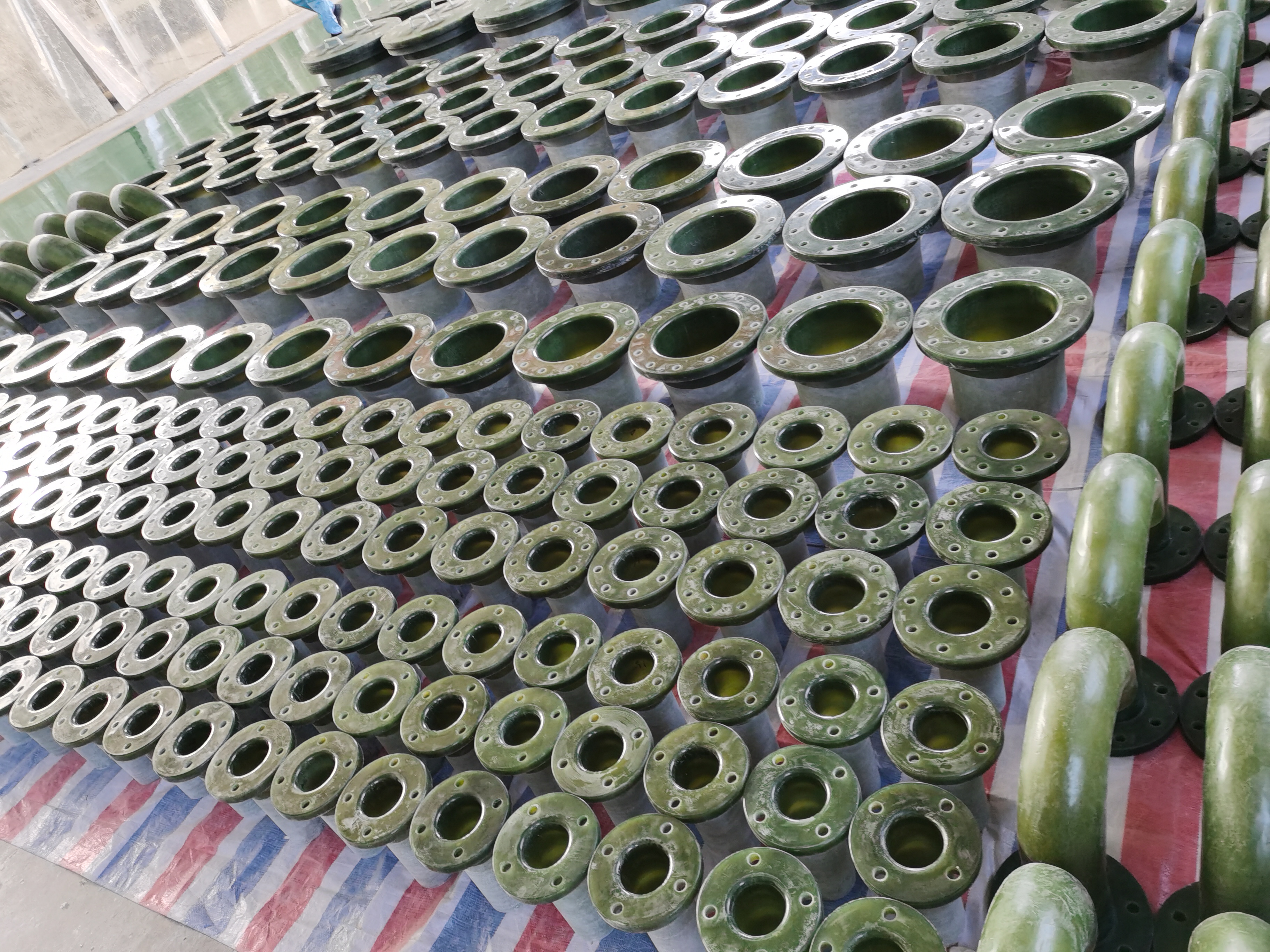
-
 Afrikaans
Afrikaans -
 Albanian
Albanian -
 Amharic
Amharic -
 Arabic
Arabic -
 Armenian
Armenian -
 Azerbaijani
Azerbaijani -
 Basque
Basque -
 Belarusian
Belarusian -
 Bengali
Bengali -
 Bosnian
Bosnian -
 Bulgarian
Bulgarian -
 Catalan
Catalan -
 Cebuano
Cebuano -
 China
China -
 China (Taiwan)
China (Taiwan) -
 Corsican
Corsican -
 Croatian
Croatian -
 Czech
Czech -
 Danish
Danish -
 Dutch
Dutch -
 English
English -
 Esperanto
Esperanto -
 Estonian
Estonian -
 Finnish
Finnish -
 French
French -
 Frisian
Frisian -
 Galician
Galician -
 Georgian
Georgian -
 German
German -
 Greek
Greek -
 Gujarati
Gujarati -
 Haitian Creole
Haitian Creole -
 hausa
hausa -
 hawaiian
hawaiian -
 Hebrew
Hebrew -
 Hindi
Hindi -
 Miao
Miao -
 Hungarian
Hungarian -
 Icelandic
Icelandic -
 igbo
igbo -
 Indonesian
Indonesian -
 irish
irish -
 Italian
Italian -
 Japanese
Japanese -
 Javanese
Javanese -
 Kannada
Kannada -
 kazakh
kazakh -
 Khmer
Khmer -
 Rwandese
Rwandese -
 Korean
Korean -
 Kurdish
Kurdish -
 Kyrgyz
Kyrgyz -
 Lao
Lao -
 Latin
Latin -
 Latvian
Latvian -
 Lithuanian
Lithuanian -
 Luxembourgish
Luxembourgish -
 Macedonian
Macedonian -
 Malgashi
Malgashi -
 Malay
Malay -
 Malayalam
Malayalam -
 Maltese
Maltese -
 Maori
Maori -
 Marathi
Marathi -
 Mongolian
Mongolian -
 Myanmar
Myanmar -
 Nepali
Nepali -
 Norwegian
Norwegian -
 Norwegian
Norwegian -
 Occitan
Occitan -
 Pashto
Pashto -
 Persian
Persian -
 Polish
Polish -
 Portuguese
Portuguese -
 Punjabi
Punjabi -
 Romanian
Romanian -
 Russian
Russian -
 Samoan
Samoan -
 Scottish Gaelic
Scottish Gaelic -
 Serbian
Serbian -
 Sesotho
Sesotho -
 Shona
Shona -
 Sindhi
Sindhi -
 Sinhala
Sinhala -
 Slovak
Slovak -
 Slovenian
Slovenian -
 Somali
Somali -
 Spanish
Spanish -
 Sundanese
Sundanese -
 Swahili
Swahili -
 Swedish
Swedish -
 Tagalog
Tagalog -
 Tajik
Tajik -
 Tamil
Tamil -
 Tatar
Tatar -
 Telugu
Telugu -
 Thai
Thai -
 Turkish
Turkish -
 Turkmen
Turkmen -
 Ukrainian
Ukrainian -
 Urdu
Urdu -
 Uighur
Uighur -
 Uzbek
Uzbek -
 Vietnamese
Vietnamese -
 Welsh
Welsh -
 Bantu
Bantu -
 Yiddish
Yiddish -
 Yoruba
Yoruba -
 Zulu
Zulu
Exploring the Advantages and Applications of FRP Vessels in Modern Industries
FRP Vessels Revolutionizing Storage Solutions
In recent years, the industrial landscape has witnessed substantial advancements in material technology, and one remarkable innovation is the use of Fiber Reinforced Polymer (FRP) vessels. These vessels have begun to play a crucial role in various sectors, including chemical processing, water treatment, and even oil and gas. The distinct characteristics and benefits of FRP vessels are driving their increased adoption, replacing traditional materials for storage and transportation.
Understanding FRP
Fiber Reinforced Polymer (FRP) is a composite material made of a polymer matrix reinforced with fibers. These fibers can be made from glass, carbon, aramid, or other materials. The combination results in a lightweight, strong, and corrosion-resistant material. FRP is known for its high strength-to-weight ratio, which makes it particularly advantageous for applications where weight and durability are critical factors.
Key Advantages of FRP Vessels
One of the primary advantages of FRP vessels is their exceptional resistance to corrosion. Traditional materials such as steel and concrete are susceptible to degrading when exposed to harsh chemicals or environmental conditions. In contrast, FRP vessels can withstand aggressive environments without deteriorating, making them ideal for storage applications involving corrosive substances.
Another significant benefit of FRP vessels is their lightweight nature. This characteristic not only simplifies transportation and installation but also reduces the structural load on facilities. Lightweight vessels can lead to substantial cost savings in terms of foundations and supports, allowing companies to allocate resources more efficiently.
Moreover, FRP vessels provide excellent thermal insulation properties. This is particularly beneficial in industries where temperature control is essential. By maintaining the desired temperature of stored materials, FRP vessels contribute to energy efficiency and help in preserving product integrity.
frp vessel

Applications of FRP Vessels
The versatility of FRP vessels makes them suitable for a wide range of applications. In the chemical industry, these vessels are used for storing acids, bases, solvents, and other chemical agents that can corrode conventional storage solutions. Their resilience minimizes the risk of leaks or failures, enhancing workplace safety and reducing environmental impact.
In the field of water treatment, FRP vessels are utilized in various processes, including filtration, chemical dosing, and storage of treated water. Their corrosion resistance ensures that the water remains uncontaminated, thus ensuring safe and clean water supply.
Oil and gas industries also benefit significantly from the use of FRP vessels. With the need for safe and effective storage solutions in this sector, FRP vessels provide an ideal option that meets stringent regulatory requirements. Their durability and resistance to harsh environmental conditions make them suitable for both offshore and onshore applications.
The Future of FRP Vessels
As industries increasingly focus on sustainability and eco-friendliness, FRP vessels present an attractive solution. They can be manufactured with recycled materials, and their longevity leads to less frequent replacements, reducing waste. Additionally, ongoing research and development in composite materials promise to enhance the properties of FRP vessels even further, expanding their potential applications.
In conclusion, FRP vessels represent a significant advancement in storage solutions, offering a combination of strength, durability, and resistance to corrosion. Their unique properties make them invaluable across various industries, addressing both current operational needs and future sustainability goals. As technology continues to evolve, FRP vessels are poised to play an even more substantial role in shaping the future of industrial storage solutions.
Latest news
-
High-Quality Fiberglass Car Bodies Durable GRP Car & Boat Body SolutionsNewsJul.08,2025
-
High-Quality Fiberglass Dual Lamination Product Manufacturer Durable FRP & GRP Dual Lamination SolutionsNewsJul.08,2025
-
Rectangular Tank with Dimensions for GRP Calculation Custom Fiberglass GRP Rectangular TanksNewsJul.07,2025
-
High-Quality Fiberglass Weir Custom FRP Weir & Fiberglass Tanks ManufacturerNewsJul.07,2025
-
CPVC FRP Pipe A Reliable Choice for Industrial Applications High Strength & Corrosion ResistanceNewsJul.07,2025
-
Fiberglass Scrubber for Effective Cleaning and Stain Removal – Superior Performance in Various ApplicationsNewsJul.06,2025









